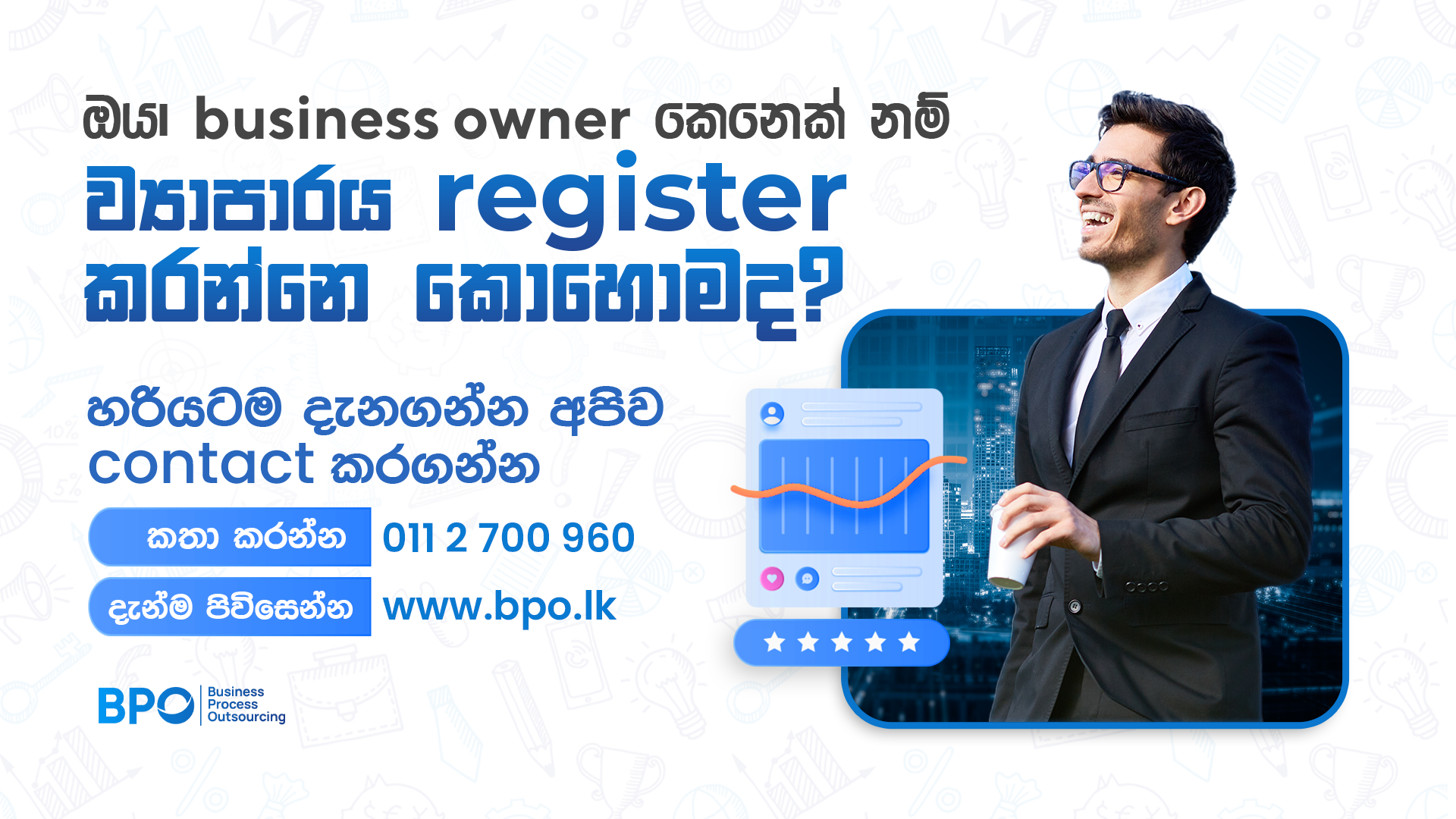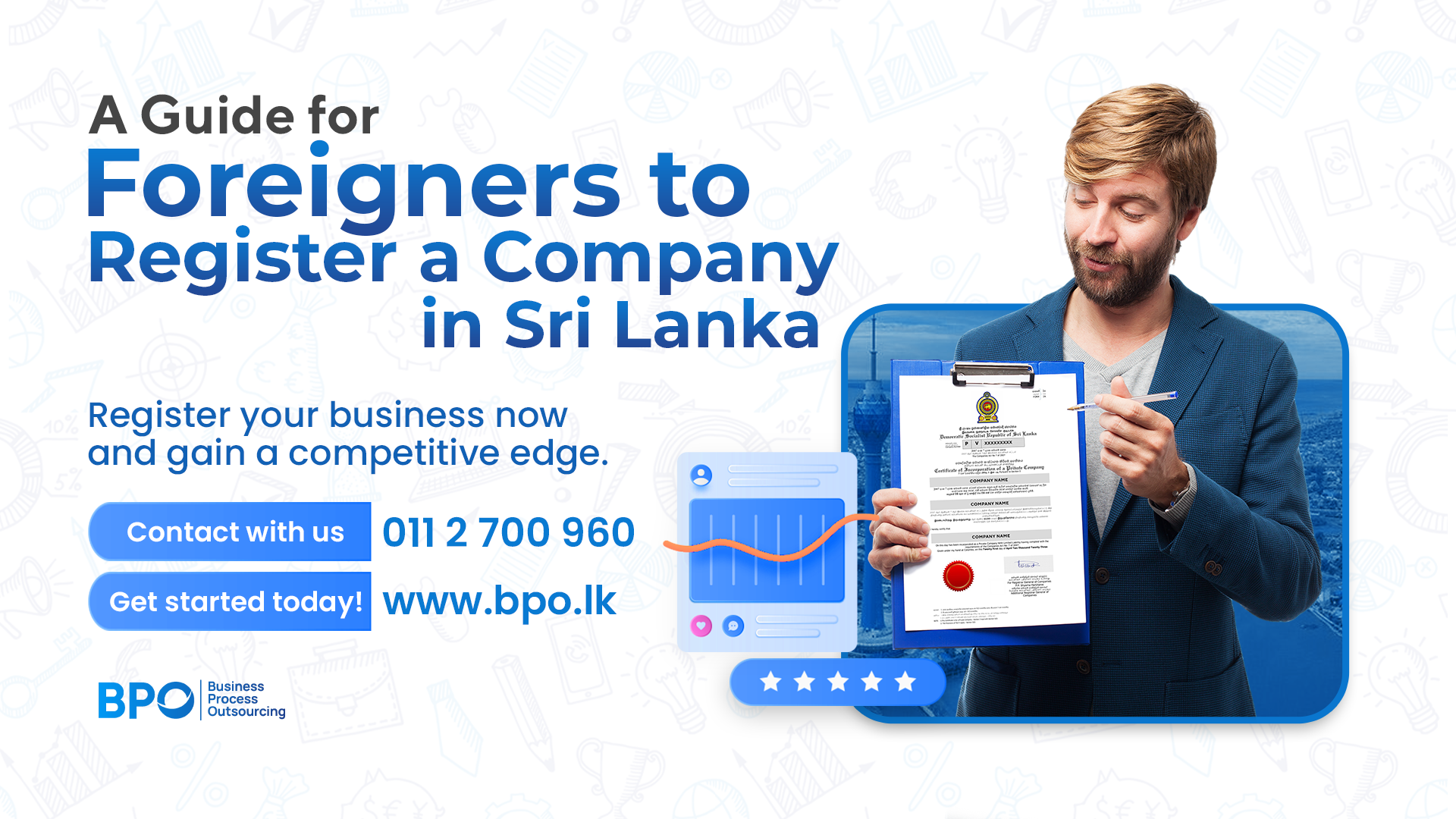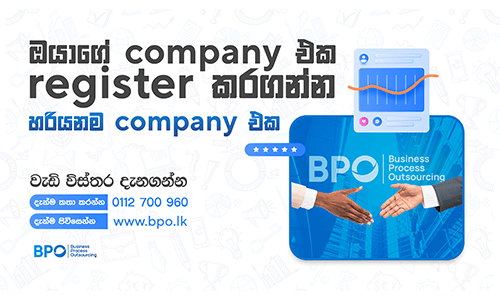Introduction:
In the dynamic world of entrepreneurship, generating a viable business idea is the first crucial step for Sri Lankan startups. A great business idea forms the foundation for success, but it can be challenging to come up with innovative concepts that align with the local market and cater to the needs of customers. In this step-by-step guide, we will walk you through the process of generating a business idea specifically tailored for Sri Lankan startups.
Step 1: Identify Your Passion and Interests
Start by exploring your personal passions and interests. What are you truly enthusiastic about? Consider your hobbies, skills, and areas of expertise. Identifying areas that genuinely excite you will not only fuel your motivation but also increase your chances of building a successful business in the long run.
Step 2: Research Market Needs and Trends
Conduct thorough market research to understand the needs, problems, and emerging trends within the Sri Lankan market. Study consumer behavior, analyze industry reports, and explore online platforms to gain insights into gaps and opportunities. Look for areas where demand is high but supply is limited or where existing solutions can be improved upon.
Step 3: Brainstorm and Generate Ideas
Gather a team or engage in solo brainstorming sessions to generate a wide range of business ideas. Encourage creativity and open-mindedness during this process. Use techniques like mind mapping, idea listing, and concept association to spark new possibilities. Consider diverse industries, sectors, and niches while exploring potential ideas.
Step 4: Evaluate Feasibility and Viability
Once you have a list of potential business ideas, evaluate their feasibility and viability. Assess the market demand, competition, scalability, and financial potential of each idea. Consider factors such as initial investment requirements, resource availability, and potential profitability. Weed out ideas that are not realistic or sustainable in the Sri Lankan context.
Step 5: Validate Your Idea
Validate your business idea by seeking feedback from your target audience. Conduct surveys, interviews, or focus groups to gauge their interest, pain points, and willingness to pay for your product or service. Use their feedback to refine and iterate your idea, ensuring that it resonates with your potential customers.
Step 6: Develop a Unique Value Proposition
Craft a compelling unique value proposition (UVP) for your business idea. Clearly define how your product or service will address customer needs and stand out from competitors. Emphasize the unique benefits and advantages that your startup brings to the market. Your UVP should communicate a clear value proposition and resonate with your target audience.
Step 7: Create a Business Plan
Once you have a solid business idea and a well-defined UVP, it’s time to create a comprehensive business plan. Outline your business model, target market, marketing strategies, operational structure, and financial projections. Include a thorough analysis of the competitive landscape and potential risks. A well-crafted business plan will serve as a roadmap for your startup’s future growth and development.
Step 8: Seek Mentorship and Guidance
Seek mentorship and guidance from experienced entrepreneurs or industry experts who can provide valuable insights and advice. Join startup communities, attend networking events, and connect with like-minded individuals who can offer support and guidance throughout your entrepreneurial journey.
Step 9: Start Building Your Startup
With a validated business idea, a solid plan, and a network of supporters, it’s time to start building your Sri Lankan startup. Take the necessary steps to register your business, set up a legal structure, secure funding if needed, and assemble a skilled team. Stay agile, adapt to market feedback, and continuously iterate your business model as you progress.
Step 10: Business name registration – Protect your brand
Registering your business name typically grants you exclusive rights to use that name within your jurisdiction and industry. This means other businesses cannot use a similar name that could cause confusion among customers.
In summary, business name registration is crucial for legal compliance, branding, protection of your business identity, and establishing trust with customers, partners, and financial institutions. It provides the foundation for your business to operate smoothly and grow successfully. read more how to register your business
Conclusion:
Generating a business idea for Sri Lankan startups requires a systematic approach that combines personal passion, market research, creativity, validation, and planning. By following this step-by-step guide, you can increase your chances of developing a viable and successful business idea. Remember, entrepreneurship is a journey, and the key to success lies in perseverance, adaptability, and relentless pursuit of innovation.
Certainly! Here are some example business ideas that are relevant to the Sri Lankan market:
- Eco-Friendly Packaging Solutions: With increasing environmental concerns, there is a growing demand for sustainable packaging materials and solutions. You can explore the production and distribution of eco-friendly packaging options made from biodegradable or recyclable materials.
- Agri-Tech Solutions: Sri Lanka’s agriculture sector offers opportunities for technological advancements. Consider developing innovative agri-tech solutions such as smart farming tools, crop monitoring systems, or online marketplaces connecting farmers directly with consumers.
- Health and Wellness Services: Sri Lankans are increasingly focused on personal health and well-being. You can establish a health and wellness center offering services such as yoga, meditation, fitness classes, nutritional counseling, or alternative therapies.
- Online Tutoring Platform: With the rise of e-learning, creating an online tutoring platform that connects students with qualified tutors can be a lucrative business idea. Offer specialized subject tutoring or language learning courses to cater to specific educational needs.
- Sustainable Fashion Brand: Sri Lanka has a rich textile industry. Consider starting a sustainable fashion brand that produces clothing and accessories using organic, ethically sourced materials and promotes fair trade practices.
- Mobile App Development: Mobile apps are in high demand across various industries. Establish a mobile app development company catering to businesses and individuals seeking custom app solutions, including e-commerce apps, productivity tools, or entertainment platforms.
- Tourist Experience Services: Sri Lanka is a popular tourist destination. Create unique and immersive experiences for travelers, such as guided cultural tours, adventure activities, eco-tourism packages, or personalized itineraries.
- Online Marketplace for Local Artisans: Support local artisans and craftsmen by developing an online marketplace where they can showcase and sell their handmade products, including traditional artwork, pottery, jewelry, or textiles.
- Sustainable Food Delivery Service: Tap into the growing demand for healthy and sustainable food options. Start a food delivery service that offers organic, farm-to-table meals prepared using locally sourced ingredients.
- E-commerce Platform for Local Products: Develop an e-commerce platform that exclusively promotes and sells Sri Lankan-made products, including handicrafts, spices, tea, clothing, and home décor items, to a global customer base.
Remember, these are just a few examples, and it’s important to conduct thorough market research and assess the feasibility of any business idea before pursuing it. Additionally, consider your own interests, skills, and resources when selecting a business idea.




